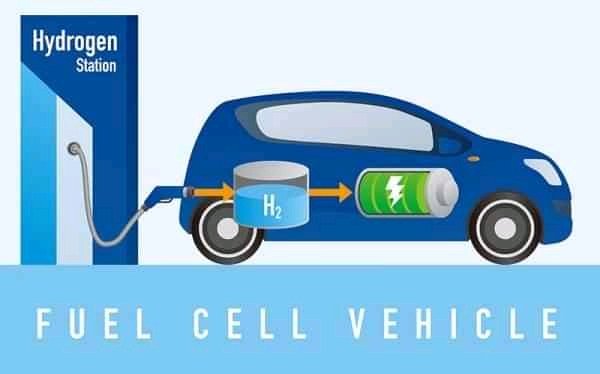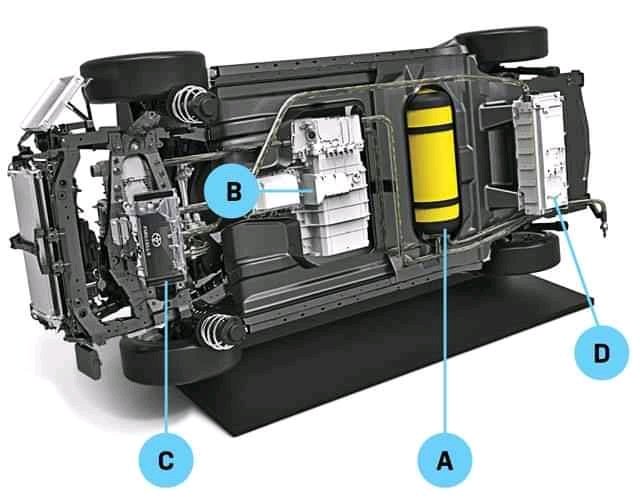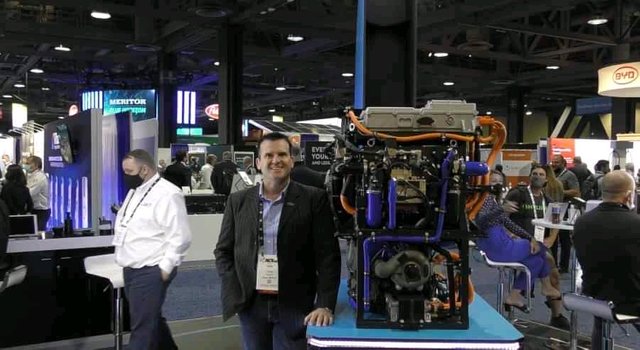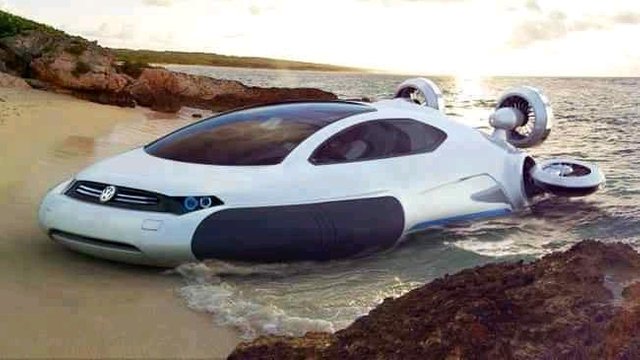Hydrogen fuel cell is a recent innovation which dates back to the 19th century.
The technology has been utilized in rockets and space vehicles in the past, and NASA is even employing it in current missions. One of NASA's greatest achievements was the control of liquid hydrogen. As advances in fuel cells and alternative energy sources such as renewable energy have improved, hydrogen has fallen out of favor as a transportation fuel of the future, because it is no longer necessary for space travel.
The media and government have both stated that the hydrogen economy has arrived.

Hydrogen cells generated energy by means of nuclear fission, which is the opposite of nuclear fusion, a process involving the joining of two hydrogen atoms and one oxygen atom. Use the combination of the two to create energy, releasing water vapor and heat as the only byproduct. Gauge helps to capture electricity, and a platinum catalyst helps control the process.
Using a new magnesium-based powerpaste, Fraunhofer researchers have demonstrated that hydrogen fuel cell vehicles may have a range that's more than ten times the capacity of lithium-ion batteries, refueling in minutes, while gasoline-powered vehicles can take hours.
Hydrogen fuel cell cars usually carry H2 fuel in the form of a pressurized gas, stored in tanks at roughly 700 bar (10,150 psi). Hydrogen tanks are typically larger and heavier than their lithium-ion counterparts, and this actually cancels out one of the primary advantages of hydrogen technology.

High pressure is difficult to control, and it makes hydrogen a bad choice for two-wheel vehicles, such as motorcycles and scooters.
Even huge corporations are mapping out a new approach that will be used to provide their electrical power. In other nations, hydrogen fuel cell generators are already being sold, and in South Africa, a facility is being opened to manufacture hydrogen fuel cell generators for sale in other countries and Africa.

With hydrogen replacing gasoline, a hydrogen fuel cell car offers a lot of benefits. This suggests that the world's society does not need to modify its established methods to suit a novel technology, like electric cars. My biggest complaint about the electric automobiles now on the market is their charging duration. Despite that fact that electric car batteries can be recharged more quickly than they could previously, they still take longer to full up than gasoline-powered cars. The primary advantage of the hydrogen fuel cell vehicle is that it takes the same amount of time to refuel as gas-powered cars. The hydrogen powered car has been unable to make much headway in recent years, however, and both the industry and the government have mostly ignored it. Producers and lawmakers appear to be eager to move ahead with electric vehicles, but consumers are persuaded that this new technology is clean and green. In my view, it is no better than the current gasoline vehicle.
Even if hydrogen-powered cars are part of the future, they're not appearing any time soon. Hydrogen automobiles are caught in a bind because of the high demand for hydrogen fuel and the lack of the corresponding supply. Manufacturing costs are high because there are no economies of scale, hence this type of vehicle is limited to a small number of people with deep pockets. There are consequently no hydrogen fuel cell vehicles on the roads.
There are also too few hydrogen refueling stations. Because of this, there is minimal investment in the hydrogen industry, leading to low demand. A filling station owner's perspective shows that hydrogen stations are not economically feasible and potentially harmful; thus, they are a main cause of the low production numbers. The inactivity of legislators is a problem for the hydrogen fuel cell car's advancement.



